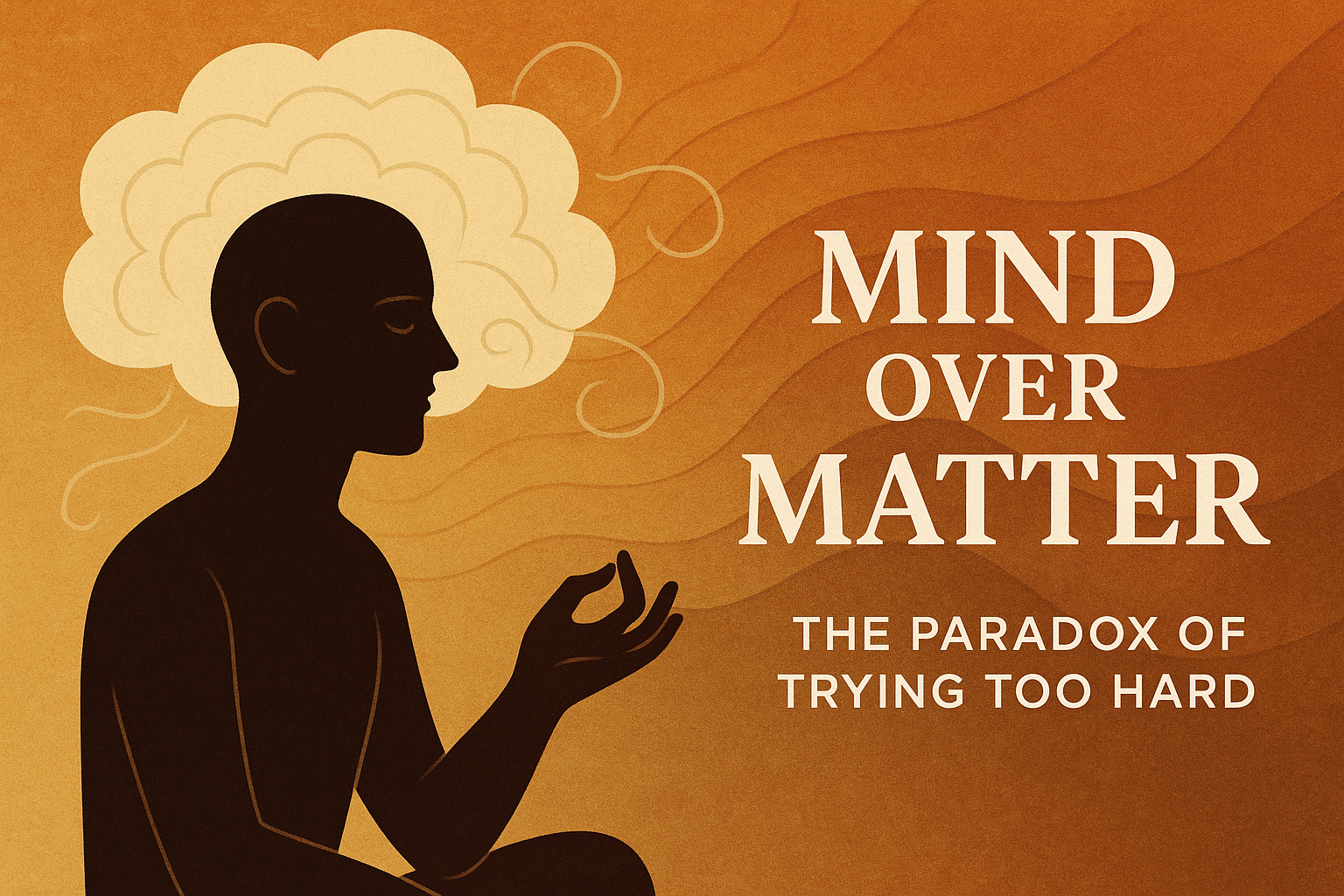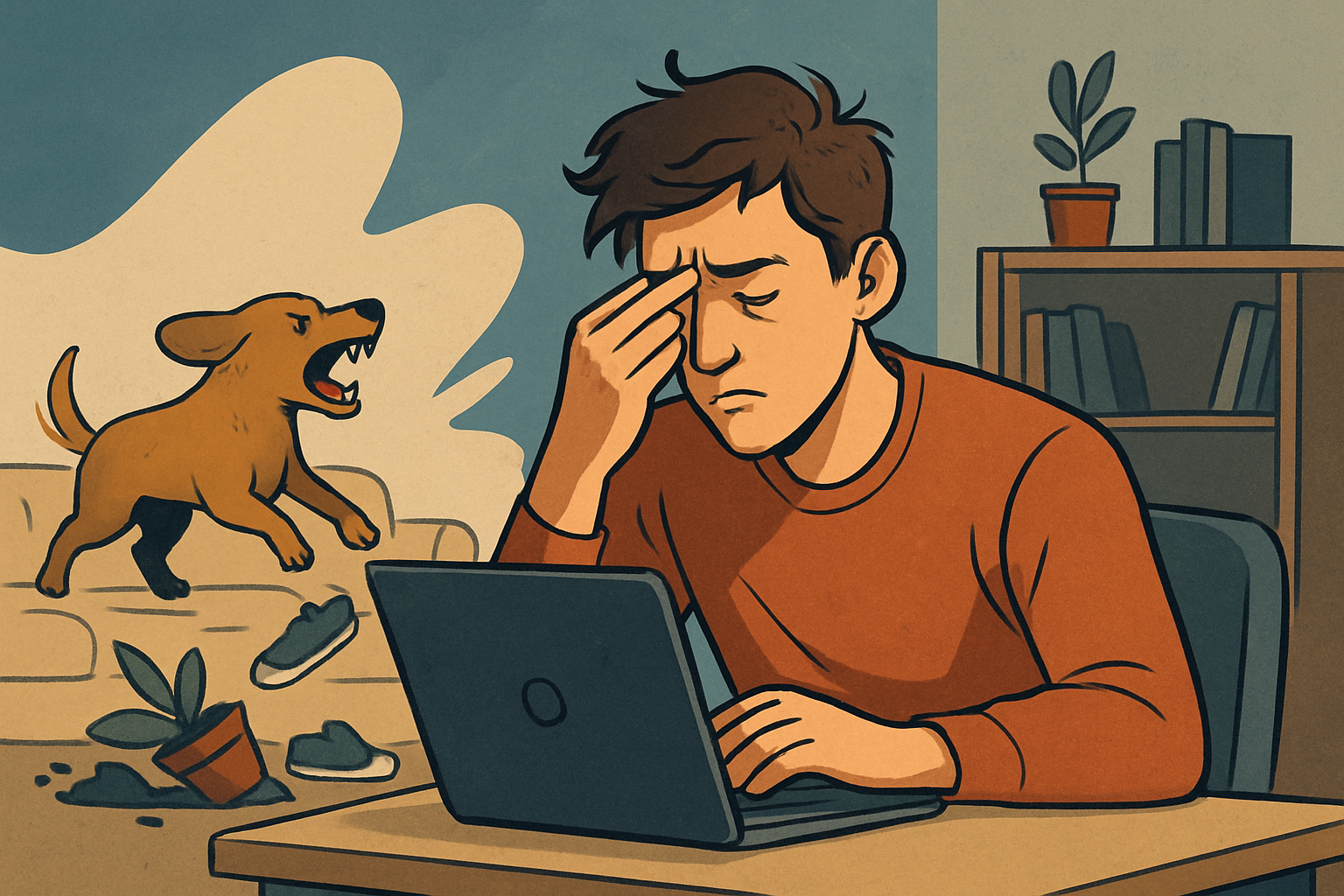Control of Death
Do you have any control?
The problem I’ve been having is that I’ve been trying to control my life—predicting what I thought would happen and pushing for a specific outcome. It’s been a fun ride in some ways, but now I’m ready to make a change.
When you attempt to control aspects of your life, you’re constantly bombarded with obsessive thoughts, selfishness, and other negative effects. By contrast, when you release control, it demonstrates that you’ve learned one crucial lesson: you cannot control everything. Once you acknowledge that, you may realize how often you don’t have full control over life.
If you choose to let go of trying to control everything, you might end up striving for less. This doesn’t mean being lazy or giving up; instead, it means recognizing the truth that many things are outside your control. If anything, focus on what is within your power—but if even those things slip through your grasp, it might indicate that chasing control isn’t always worth it.
Yes, you probably have the ability to breathe right now. But do you always have the option to breathe freely? Consider swimming underwater, experiencing a panic attack, or taking your final breath. Suddenly, you realize that even breathing—the most basic act we perform—isn’t fully controllable. If we can’t guarantee breath in every situation, maybe that means all forms of control are limited. It sounds crazy, but it’s important to see how this applies broadly.
That brings me to the next point: if you can’t control anything entirely, let’s use breathing as our analogy for what control really means. Your breath can be natural, heavy, short, or anxious; to some degree, it seems like you can influence it. But at the same time, you can’t override it completely. This illustrates how control might work in other areas of life.
For instance, if you’re pursuing a promotion at work, trying to get pregnant, or chasing any major goal, you can absolutely work hard, take the right medications, and do everything you’re “supposed” to do. Maybe you’ll achieve that goal. But what about the next one, and the one after that? You could try to control them all—but I’d bet everyone reading this has hit a point in their career or life that simply wouldn’t bend to their will. You move one way, and the problem evades you. You push harder, and circumstances push back even more.
Sometimes you might just be encountering mental resistance. Other times it might genuinely feel like the whole world is conspiring against you—haha, who knows? The point is that when you’re trying to force a situation that refuses to be controlled, it often causes more harm than good. So if a situation is currently out of your control, what do you do?
Would you push harder, risking mental exhaustion and stress, or could you pause and ask yourself if stepping back is the wiser choice? Trust me, taking a step back means letting some relief flow into your system. Take a deep breath and understand that whatever you’re struggling to control may not want to be controlled—or maybe it knows that it can’t be.
I believe nothing is truly 100% controllable—from breathing to landing a job promotion—so if you insist you can control something fully, you might be ignoring a deeper reality. At the end of the day, you cannot control death. If you could control death, you’d have all the time in the world to prove this logic wrong, but until that happens, it’s fair to say ultimate control is an illusion.
So what do we do when we acknowledge we can’t control anything completely? I’d suggest looking inside, where your dreams and aspirations reside, and asking if you can truly control each situation. If not, consider being more easygoing when you face resistance. Take a seat, catch your breath, and recognize that not everything will bend to your will. Who knows—maybe these questions will lead you down a path you’ll be grateful to discover.
I, for one, am still searching for that path.
Share









